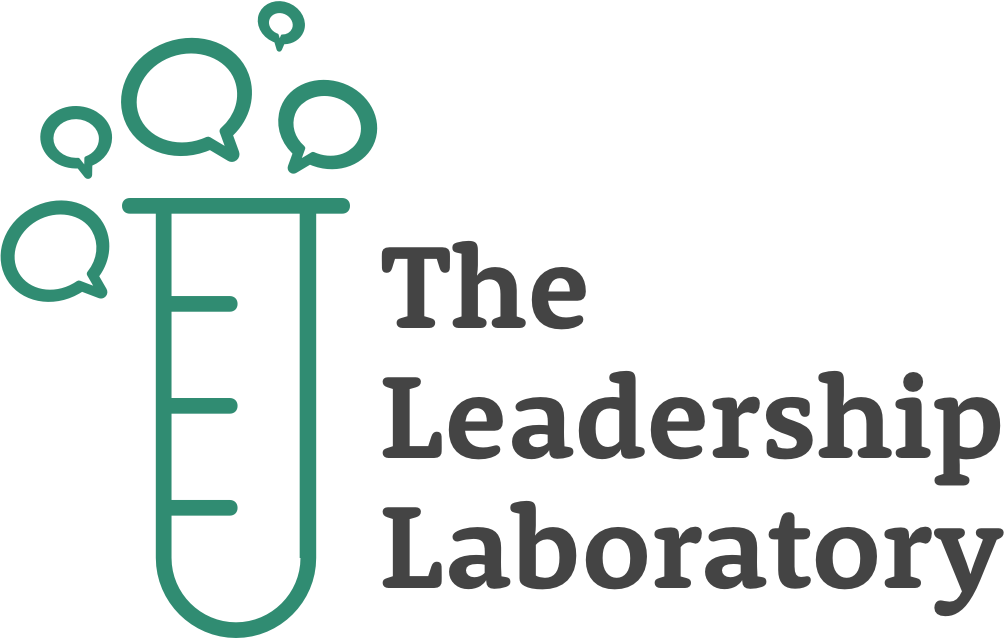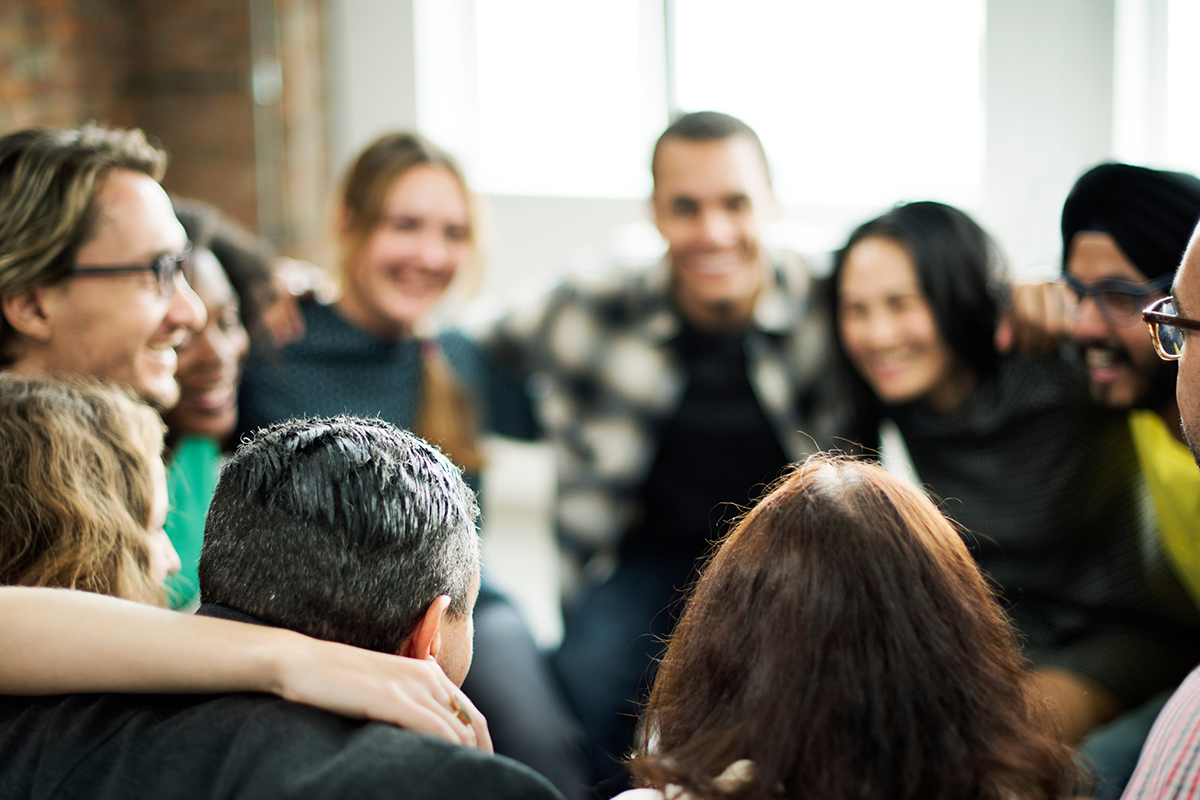Written by Jacob Goldstein — Executive Director
At The Leadership Laboratory, in addition to offering programming in the leadership development space, we also offer a number of team building and improv workshops aimed at helping in-tact or new teams work more effectively together. Whether you’re in search of a virtual workshop to spark team collaboration or are looking for a formal experience to add to a team offsite retreat, The Leadership Laboratory has a number of solutions to consider.
On a personal note, I love whenever I get the chance to work directly with teams. Ensuring that everyone on the team has the same vocabulary to better understand how to work together even more effectively means that there’s a shared language to navigate conflict, boost collaboration, and showcase increased empathy when working with someone of a different style or preference. Oftentimes, team leaders come in to a conversation with The Leadership Laboratory knowing exactly what they’re looking for, which is often a great place to start. Other times, team leaders have an understanding of what’s currently going on with the team, though are unsure about where to go from there – meaning there’s an opportunity for the team and The Leadership Laboratory to co-create what this might look like. Whether you have some thoughts about what you’re in search of, or are starting with a blank canvas, here are a number of common questions we often get when partnering with a new leader.
I know I’m looking for a team building workshop, but where do I start?
Believe it or not, at The Leadership Laboratory, we begin at the end. One of the first questions we’ll ask when working with a new team or leader is what are you looking to accomplish as a result of this program? What are the skills you’d like to see, behaviors you imagine, or knowledge you’d like the group to possess? This is the beginning process of what’s called backwards design theory; essentially, once we know the end goal or the ideal future state, The Leadership Laboratory can work backwards to design out a program or curriculum that works to accomplish that end goal. With the target in mind, we can ask additional questions to determine how to best create a learning experience that works to hit that bullseye a team has identified.
We are a really chatty group, and know for sure that we don’t want a lecture. Are your programs interactive?
We ALSO don’t want to facilitate a lecture! Taking in the information discussed in a workshop is helpful, and certainly a portion of our programming, though if our goal is to get individuals to behave differently, everyone must have the opportunity interact and experiment with the content as well.
At The Leadership Laboratory, our programming leverages a theory called the 70 – 20 – 10 Model of talent development. Essentially, about 10% of someone’s learning experience should be considered formal learning; think about this as a tool to download information. Outside of a workshop, that formal looking might be a book, article, or a podcast, though for our purposes that’s the sharing of knowledge and theory associated with the session. It’s an important part of someone’s learning journey, though we strive to make that about 10% of a learning experience. 20% of a workshop should be considered social learning; that’s an opportunity for individuals to chat and connect with one another in small groups and large groups. This way, participants can synthesize the information in their own words, and connect it back to the team by discussing it in greater detail. This leads us to the 70%, which is the experiential learning. Experiential learning occurs both during and beyond the session, where participants have the opportunity to actually play, practice, and experiment with the concepts. Knowing this, the goal of our workshops is to make them as hands on and interactive as possible; we want participants to engage with the content with the intention of growing and positively changing their behavior.
One thing about my team is that we don’t like cheesy exercises like role playing and trust falls. What types of exercises do you do?
Great question! That certainly varies from workshop to workshop, and is customized to the learning styles and preferences of your groups. In our initial planning conversation, we’ll talk more about the team and how they like to learn, and incorporate a number of different components that allow for in-context learning. The goal is for individuals to be able to connect this back to their daily lives and workplace relationships, and any exercise we do will keep those real life experiences in mind.
So you can confirm – no trust falls??
You got it – no trust falls.
What do I do next?
Feel free to take a look at the website, and see if any of the workshop descriptions from the Team Building + Development page, the Improv Workshops page, the Leadership + Management page, or the Organizational Development + Design page feel like a fit. Once you have some initial ideas, and especially have done some thinking on what you’re looking for the team to do differently as a result of this collaboration, reach out via the Contact Us page or send an email to hello@leadershipdevelopmentlab.com to schedule a conversation on next steps!
The Leadership Laboratory is a nation-wide, Chicago-based learning and leadership development company. We build and facilitate custom team and leadership development workshops aimed at transforming the way we lead our work and people. Through interactive workshops, participants will experience customized professional development for emerging and new leaders, established and senior leaders, and teams of all sizes. Feel free to browse our website, www.leadershipdevelopmentlab.com, to learn more about our team building workshop and leadership development programs.

